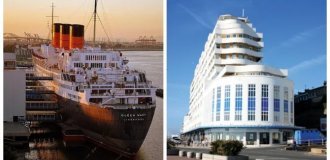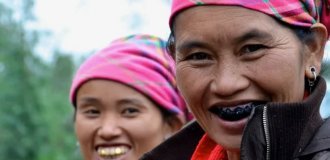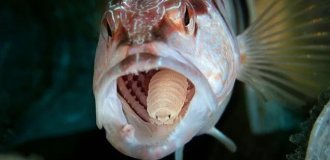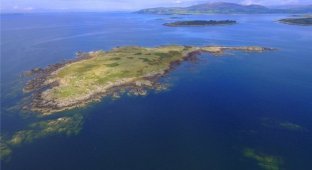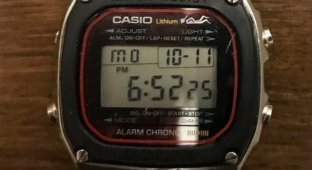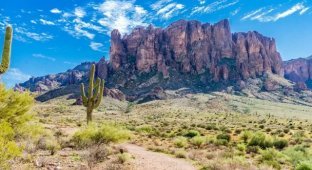The island of Aruba is a country that abandoned independence (3 photos)
Aruba is a tiny island located in the Caribbean Sea. The island is located north of the coast of Venezuela and west of Curacao. The island is truly small, its area is 179 square kilometers. 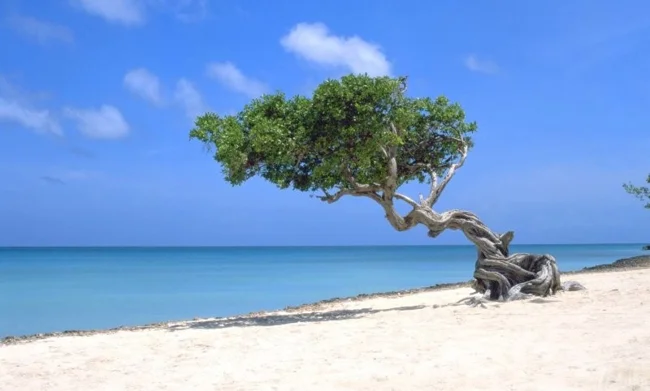
The island is home to just over 106,000 people, and urban development has spread across almost the entire landmass. The only undeveloped area of Aruba is Arikok National Park, which occupies approximately 18% of the island's area.
The park is famous for the Fontaine Cave, gold mine ruins and unique flora. The island is home to divi-divi trees, cacti of various types, as well as tropical flowers. 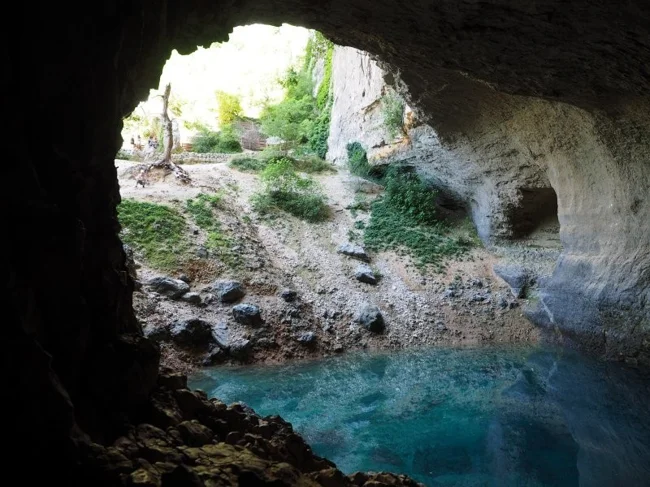
But what makes Aruba most interesting is its historical precedent.
After the end of World War II, in 1947, a national liberation movement arose on the island, demanding independence of the island from the Netherlands. The islanders collected 2,147 signatures from Arubans demanding the separation of the colony from Amsterdam. A year later, a conference was held in The Hague to consider the separation of Aruba from the Netherlands. As a result of the conference, it was decided that Aruba has the right to self-determination, but Amsterdam did not take further steps to grant independence. 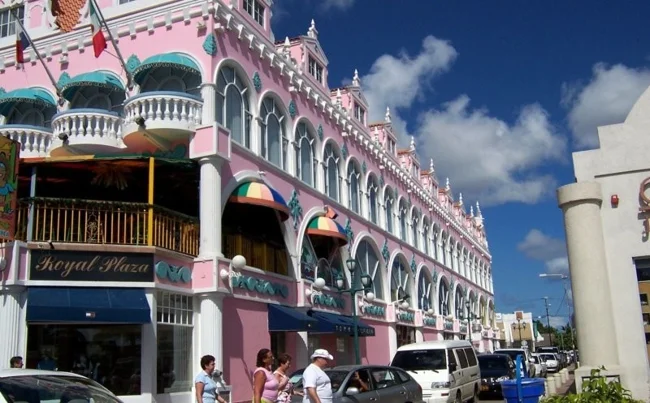
Oranjestad
But large businesses that worked in Aruba reacted to this event.
The oil producing company "Eagle" was afraid of possible nationalization of the fields and ceased its activities in 1953.
A year later, Aruba and four other islands (Bonaire, Curacao, Saba and Sint Maarten) received the status of self-governing territories within the Netherlands Antilles.
In 1973, local authorities held a referendum on independence. In 1981, at a regular conference in the Netherlands, it was decided that Aruba would become an independent state in January 1996.
It is noteworthy that by 1990, the vast majority of residents began to be of the opinion that they would be better off as part of the Netherlands. By then, the Netherlands had diversified the island's economy, creating more than 10,000 new jobs in tourism. An oil company has resumed operations on the Aruba shelf.
At the request of local authorities, the 1996 independence petition was annulled.
As a result of the struggle for independence, Aruba received the status of a self-governing state with significant autonomy within the Netherlands.
Currently, Aruba lives from the financial sector, oil production and tourism. And the main export agricultural product was aloe. By the way, at different periods of history, Aruba accounted for up to 30% of world aloe trade.
